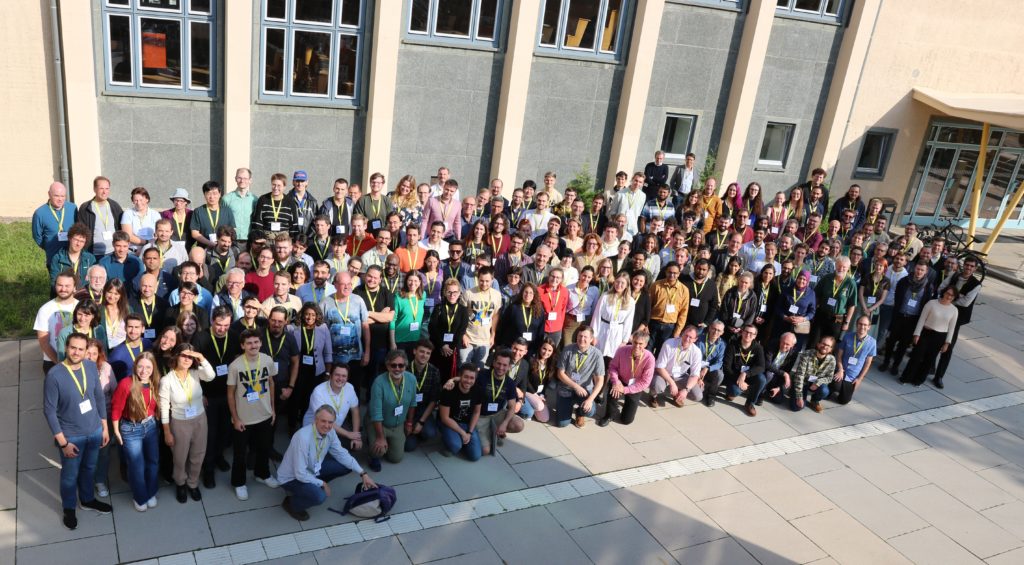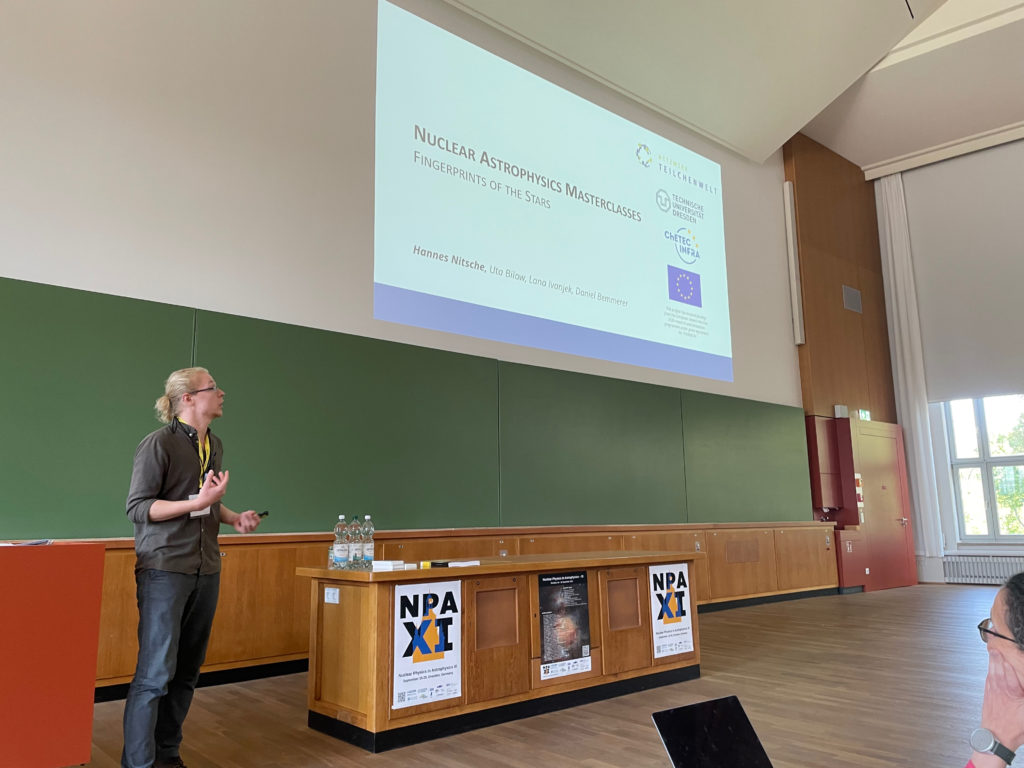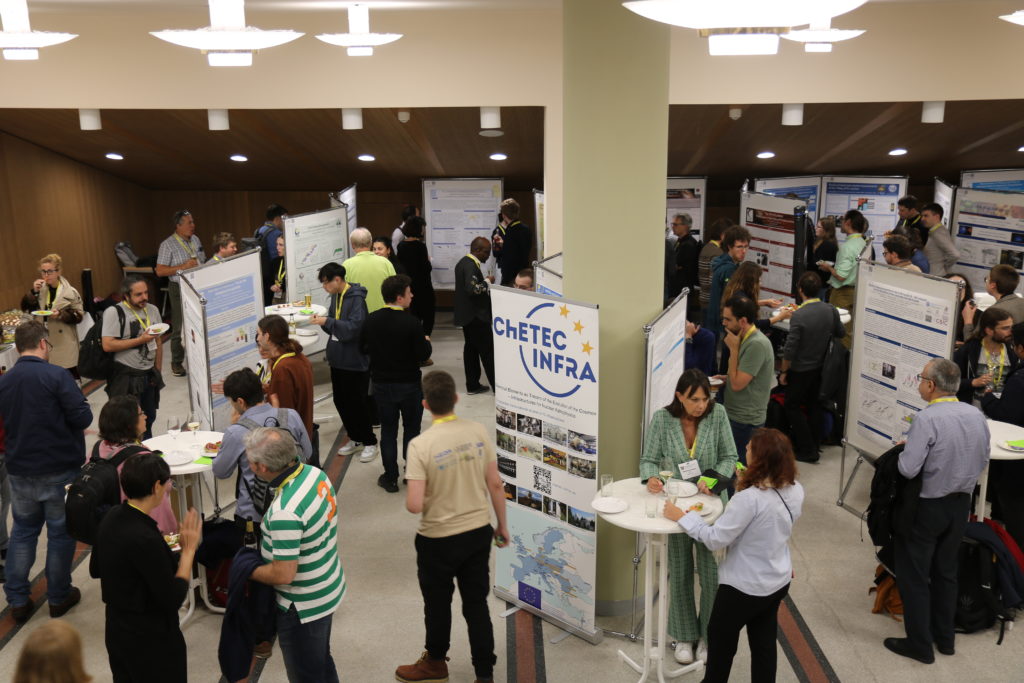Past week the 11th edition of the Nuclear Physics in Astrophysics conference series, in brief NPA-XI, concluded successfully in Dresden, Germany. There was a record number of 191 academic participants (126 PhD scientists, 53 graduate students, and 12 undergraduates from the local university). Participants came from 18 EU+ countries and 10 countries in the Americas, Asia, and Africa. More than a third of the participants were from Germany, and there were six or more scientists each from Italy, the United States, the United Kingdom, France, Hungary, Belgium, and Poland. The gender makeup was in line with the statistics of the field overall, with 28% female participants and 36% of the invited talks given by women.

In altogether 33 invited and 48 contributed talks, all of them in the plenum, and 80 poster contributions, participants summarised the state of the art in nuclear astrophysics and related fields. Both the contributions overall and the individual sessions were balanced between experiment, theory, and observation. Most poster presenters used the opportunity to present their work in a one-minute poster pitch in the plenum. Due to the generosity of the European Physical Journal A and the NuPECC committee, altogether four poster prizes with 200-400 € financial award each were selected amongst the many excellent posters.

Topics discussed included the observed and predicted elemental compositions of the earliest stars, neutron capture nucleosynthesis including its outputs and scenarios, the observation and interpretation of multi-messenger events, a proposed new nucleosynthesis process, gravitational waves, and advanced laboratory experiments. The high share of young participants (in addition to 53 PhD students, there were 14 postdocs with less than two years after the PhD and even 12 undergraduates – altogether 41%) is encouraging given the fact that there is still much to study and learn regarding the synthesis of the chemical elements in the cosmos.

The conference was co-organised by the Dresden-based institutions HZDR, TU Dresden, and DZA Deutsches Zentrum für Astrophysik, in close partnership with regional partners from the University of Wroclaw, the AIP Leibniz Center for Astrophysics Potsdam, and the Museum für Naturkunde Berlin. Two of the founding fathers of nuclear astrophysics agreed to contribute: Professor Friedel Thielemann from the University of Basel gave a public outreach talk in German for the general public. Professor Roland Diehl from MPE Garching summarised the state and outlook of the field in a dinner speech, given not as originally planned aboard a steamboat on the river but due to flooding simply in a restaurant. Four company exhibitors from fields as diverse as instrumentation, publishing, and accelerator construction contributed to the innovation aspect of NPA-XI.
NPA-XI is part of a series of conferences taking place every two years, under the auspices of the Nuclear Physics Division of the European Physical Society. The conference was supported by the German Research Foundation (DFG), ChETEC-INFRA, IReNA, and NuPECC.
